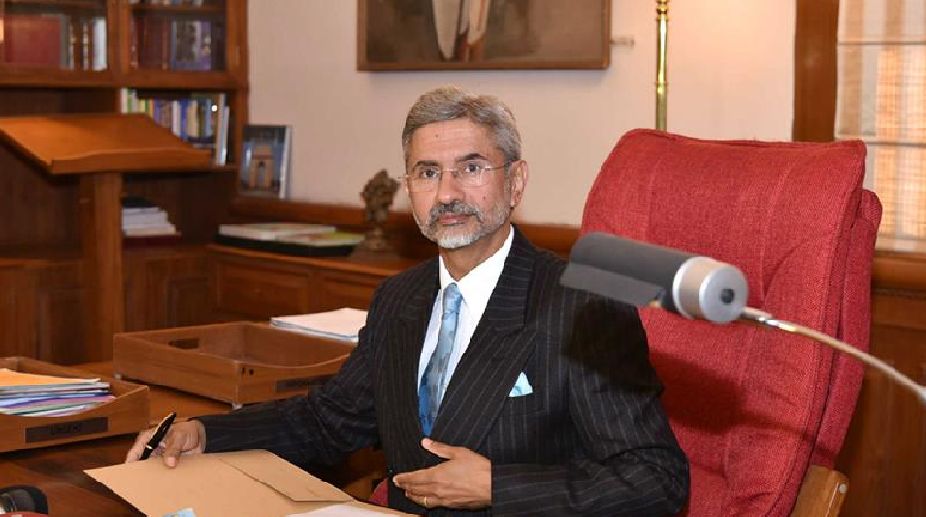Amid heightened tension, India on Wednesday conveyed to Pakistan its sense of outrage over the mutilation of two Indian jawans in the Poonch sector on Monday and demanded action against the soldiers and commanders of the Pakistan Army responsible for this barbaric act.
Foreign Secretary S Jaishankar summoned Pakistan High Commissioner Abdul Basit to the foreign office and told him in unequivocal terms that the beheading of the Indian jawans was "an act of strong provocation and in contravention of all norms of civilised conduct’’.
Advertisement
It was significant that the attack was preceded by covering fire from Pakistani posts in Battal sector (in the vicinity of Battal village). The blood samples of the Indian soldiers that had been collected and the trail of blood on Roza Nala clearly showed that the killers returned across the LoC, he said, during his brief meeting with the Pakistani envoy.
Naib Subedar Paramjeet Singh and BSF constable Prem Singh were killed by a Pakistan Border Action team (BAT) after sneaking 250 metres into the Indian territory in Poonch on 1 May. New Delhi says it has sufficient evidence to prove the involvement of Pakistan Army regulars in the mutilation of the Indian soldiers. This was also conveyed yesterday by Indian Director General of Military Operations (DGMO) Lt Gen A K Bhatt to his Pakistan counterpart on Tuesday.
Briefing reporters here on Wednesday afternoon, MEA spokesperson Gopal Baglay said Jaishankar asked Basit to convey the sentiments in India over the beheading of the soldiers to the Pakistan government.
The Pakistani envoy denied the involvement of the Pakistan Army in the incident in any way but promised to convey New Delhi’s views to his government.
Asked if the continuing Pakistani aggression did not reflect India’s failure to isolate its neighbour in the comity of nations, the MEA spokesperson claimed that after the Pathankot and Uri attacks, India’s views on the issue of cross-border terrorism had been appreciated by almost all countries. As a result all joint statements issued in recent months by India and other nations, including the one issued at the end of Turkish President Erdogan’s visit, endorsed New Delhi’s view on cross-border terror.
On whether India could consider withdrawing the MFN status it had given to Pakistan in 1996, he said New Delhi had only fulfilled its WTO obligation.
About steel magnate Sajjan Jindal’s recent meeting with Pakistan Prime Minister Nawaz Sharif which triggered speculation about an impending breakthrough in India-Pakistan ties, the spokesperson said Jindal was a private individual and he would not like so say anything on his activities.
He confirmed that 47 Pakistani school children, who had crossed the LoC to visit India on 1 May as guests of an NGO, returned to Pakistan after the NGO was advised by New Delhi that this was not an opportune time for their visit.









